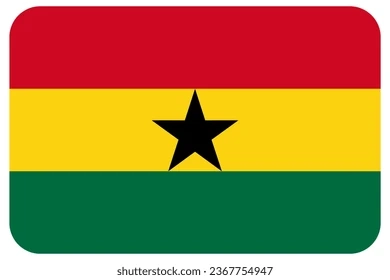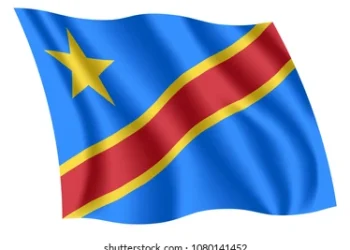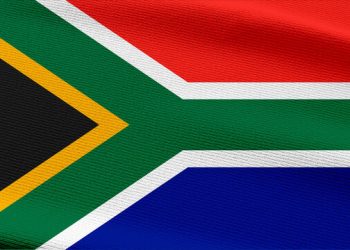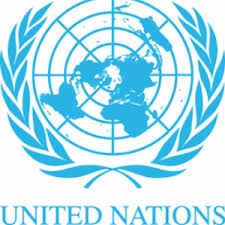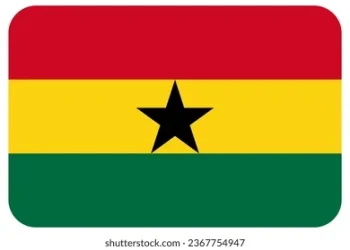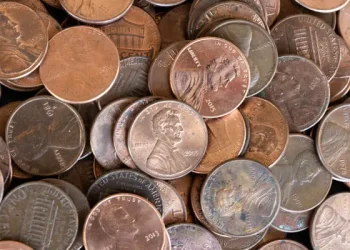Accra, Ghana — Ghana’s government says the economy has decisively turned the corner from its worst crisis in a generation, projecting real GDP growth of at least 4.8% in 2026 on the back of tighter fiscal discipline and easing inflation.
Presenting the 2026 budget to parliament, Finance Minister Dr Cassiel Ato Forson said the administration is aiming for a fiscal deficit of 4.0% of GDP and a primary surplus of 1.5%, signalling a shift from emergency stabilisation to growth-focused consolidation.
“We have restored fiscal discipline, brought inflation under control, stabilised the cedi, and rekindled investor confidence,” Forson said, insisting Ghana’s narrative has moved “from one of crisis to recovery and renewal.”
The strongest sign of the turnaround is in inflation, which surged to a record 54% in January 2023 during the height of Ghana’s debt and currency turmoil. It has since fallen to around 8% in October 2025, the lowest level since mid-2021 and back within the Bank of Ghana’s target band.
On the back of that sustained decline, the central bank delivered a 350-basis-point rate cut in September, bringing its key policy rate down to 21.5% — the steepest single cut in the bank’s history and a signal of improving macroeconomic conditions. BoxRec+1
Ghana’s rebound follows a painful restructuring of domestic debt under a $3 billion IMF programme, alongside sharp spending cuts and new revenue measures introduced earlier this year as part of what Forson dubbed economic “shock therapy.”
Real GDP expanded by 6.3% in the first half of 2025, up from 5.1% a year earlier, driven by stronger agriculture and services, while non-oil GDP jumped 7.8%, according to the minister.
Forson told lawmakers the government plans to return to domestic debt markets in 2026, a symbolic step after the country’s bond default and restructuring shattered market access. He argued that restored macro-stability and a clearer fiscal path make Ghana “a compelling investment destination” once again.
International investors have cautiously welcomed the improved numbers, though analysts warn that revenue slippages, election-year spending pressures and external shocks could still derail targets, noting that earlier mid-year reviews flagged customs shortfalls and rising wage demands as key risks.
Still, Forson was emphatic in his pitch to partners:
“To our international partners and investors, Ghana is back — strong, credible and open for business.”


